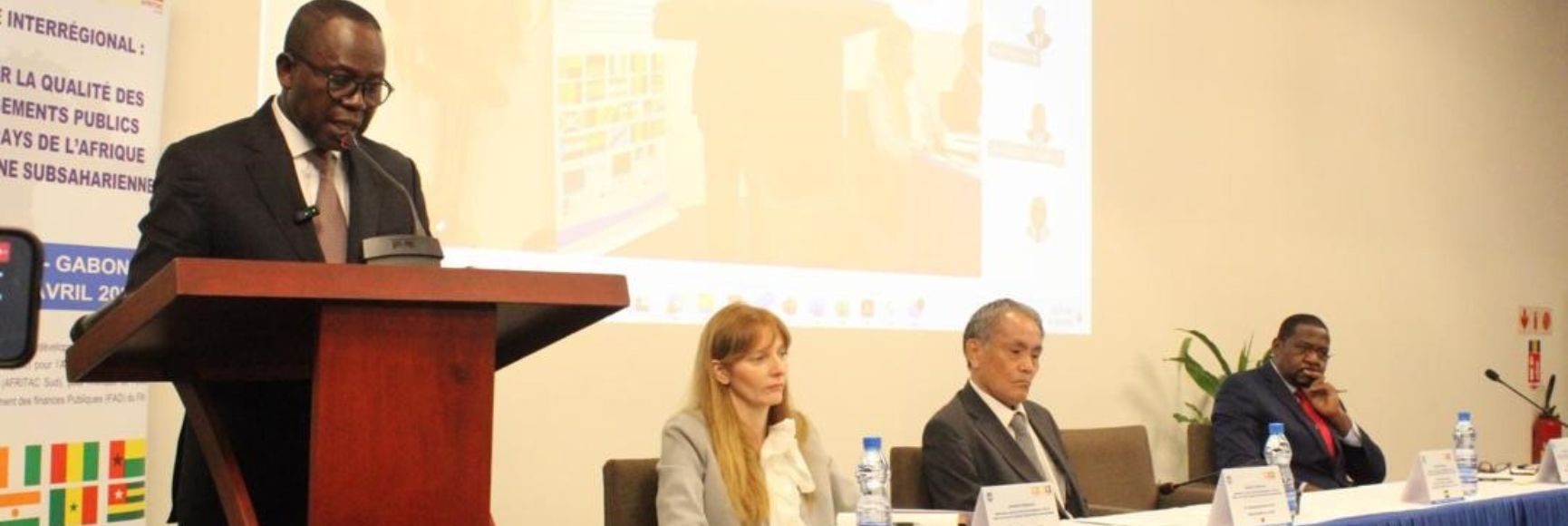Posted by Mark Silins
Most agree that moving towards a treasury single account makes sense.[1] It means countries need to reconcile only one or a small number of accounts, cash balances are consolidated allowing idol positive balances to offset any overdraft, controls are enhanced (as all receipts are collected in a common way), and payments are paid only when consistent with appropriation and warrant authority.
Why then do many development partners insist on new bank accounts for each project? It is clear that development partners are concerned, particularly in the current cash-challenged times, that their earmarked grants or loans are only used for the purpose prescribed. However, in my opinion, requiring a separate bank account for each project is not the best solution. In fact, in many cases this approach reduces internal controls.
Often, not only is a separate bank account created for donor funds, but the account is operated outside of the country IFMIS, and outside the control of the Accountant General’s Department. This means that the standard controls that a country has for payments are not in place. These controls include: ensuring that the payment is made within the legal authority of the appropriations and warrant (in most countries this is a constitutional requirement); that the payment is properly classified according to the Chart of Accounts; that the payment is prepared and approved by two different parties; and that the AGD ensures that funds are available before making the payment.
In addition, processing the payment outside of the IFMIS means that the AGD cannot produce timely reports on actual cash flows without receiving information on these accounts from the implementing ministry. This increases the lead time for producing consolidated accounts and is simply a waste of resources as the IFMIS can be used for all of a government’s operations.[2]
This also brings us to the issue of bank reconciliations. Caribbean countries find it challenging to keep up to date with bank reconciliations. As timely bank reconciliation minimises fiduciary risk this is a major issue, and the more bank accounts the bigger the problem. Development partners require regular reports from each implementing agency, and there is a real risk that the reconciliation is produced only just before the report is due. This means that it will be too late to address any errors observed, or worse, it may not be possible to track down possible misusers of funds. While a donor may require a country to make good the misuse, this will put pressure on an already tight fiscal situation, potentially sour relations and, most importantly, is avoidable. Why not use each country’s IFMIS system as a first choice and increase the controls applied to all receipts and payments? This would also be consistent with the messages that we are sending to countries in terms of adopting a treasury single account and increasing internal control.
The following is a suggested approach for development partners in dealing with new earmarked grants or loans:
- If separation from the general cash of a government is important, then a single development partner account could be created for all earmarked funds;
- If separation from other donors is required, then create a single donor account rather than separate accounts for each project;
- Ensure the account is controlled within the IFMIS and through the Accountant General’s Department; countries are able to set up specific reports for development partners through some simple additions to the Chart of Accounts;[3]
- Ensure that these funds are appropriated in the budget. If the funds become available outside the annual budget process a special warrant should be issued, with the funds being appropriated retrospectively by the Parliament as soon as possible. This approach ensures that legal authority to spend the money is allocated to a specific accounting officer for a specific purpose. In other words, it earmarks the funds within the government system;
- On some occasions, the AGD is accused of not being responsive to these types of payment requests and this is the reason for a separate bank account. Rather than increase fiduciary risk through the creation of numerous bank accounts, address this performance issue in the project agreement, requiring payments to be made within a defined number of days of receipt in the Treasury.
The essence of this note is that development partners have all committed to using country systems under the “Paris Declaration”, but this is not occurring. As a result, an important public finance strategy, consolidating cash balances to reduce the cost of cash, workloads and fiduciary risk is being undermined. Development Partners can still ensure that their funds are “earmarked” by using the country system, rather than creating duplicate processes outside the countries normal control framework.
[1] It is recognized that a true single bank account may not be possible in most countries, but the aim should be on opening accounts only where it is absolutely necessary.
[2] There is no good reason for small economies to use multiple systems which are, invariably, largely manual, increasing internal control issues.
[3] Most countries have a sources of funds segment in their CoAs which allows reports to be produced for each donor and for projects.
Note: The posts on the IMF PFM Blog should not be reported as representing the views of the IMF. The views expressed are those of the authors and do not necessarily represent those of the IMF or IMF policy.





